Organized by the Helmholtz Association, a high-level meeting of representatives of the EU Commision's Environment Agency Directorate-General for Research and Innovation (DG RTD) and representatives of various Helmholtz Centres took place on 29 September 2025 at the Helmholtz Office in Brussels to further develop the “EU Water Resilience Strategy”. The central objective of this meeting was to exchange information on securing water supply through the joint development and implementation of innovative solutions. The GFZ expertise was contributed by PD Dr Heidi Kreibich, head of the Working Group “Flood risk and climate adaptation” in the GFZ-Hydrology Section. The “EU Water Resilience Strategy” is a key focus for Europe in light of climate fluctuations, environmental degradation, and growing socio-economic pressures. It is to be further refined and adopted by the end of 2026.
Further Development of the EU Strategy
During the meeting, Rolf-Jan Hoeve and Bertrand Vallet from the EU Directorate-General for Research and Innovation (DG RTD) presented the European strategy for water resilience, which aims to make the European Union robust enough to face all challenges related to water by 2050. The focus will be on restoring the natural water cycle, building a water-efficient economy, and providing widespread access to clean, affordable water. Innovation and digitalization are central to this. Key measures include the establishment of "sponge sites" that can absorb more water, the update of the Marine Strategy Framework Directive, the removal of PFAS contamination, and the reduction of nutrient inputs into water bodies. To address water scarcity, indicators will be introduced, and a clear priority framework will be established for the economy, significantly reducing water demand while increasing efficiency. This includes promoting water reuse and expanding supply. Concrete examples include standards for data centers, programs to reduce leaks, and initiatives for dry cooling, i.e., without using water as an auxiliary agent.
The EU Water Resilience Strategy aims to secure long-term funding, strengthen the competitiveness of the EU, and lay the foundations for future research initiatives. To support the implementation of the strategy, an official call for evidence will be published, accompanied by topic-specific workshops and the EU Forum on Water Resilience planned for early 2026. Various initiatives will support the EU strategy: a specific research and innovation agenda is being planned, as is the establishment of a European Water Academy and a Knowledge and Innovation Community within the EIT (European Institute of Innovation and Technology). Helmholtz experts have now met with EU officials with the goal of jointly refining the further developed EU strategy and adopting it by the end of 2026.
Helmholtz Expertise in Water Research
Heidi Kreibich, head of the "Flood Risk and Climate Adaptation" working group in the Hydrology Department at GFZ, represented GFZ water research at the high-level meeting. Dietrich Borchardt (UFZ) presented the Helmholtz research campaign on water security and protection for humans and the environment. Helmholtz possesses unique capabilities for comprehensively analyzing the water cycle – from processes at the molecular level to interactions within the Earth system – and provides sound scientific knowledge that serves as a basis for decision-making for politics, society, and industry. The campaign emphasizes the importance of strategic partnerships at local, regional, and international levels. A central component of the initiative is the establishment of "Solution Labs," which will serve as real-life laboratories for the joint development and implementation of innovative solutions with stakeholders. In the long term, these are intended to develop into permanent "Water Action Hubs" to support resilience at multiple levels.
The joint discussion in Brussels highlighted the important collaboration between science, authorities, and policymakers to manage water within planetary boundaries. Scientific contributions – such as improved monitoring, advanced analysis, and innovative modeling – are essential to deepen the systemic understanding of the interactions between water, society, and the environment. It was concluded that more attention needs to be paid to water resilience, particularly to close existing research gaps and improve the accessibility and usability of information for decision-makers and stakeholders.
![[Translate to English:] Group photo with 8 people in a seminar room in front of a screen.](/fileadmin/_processed_/2/1/csm_20251114_News_EU-Water-Resilience-Exchange_Kreibich_c-xx_92dee488cb.jpeg)
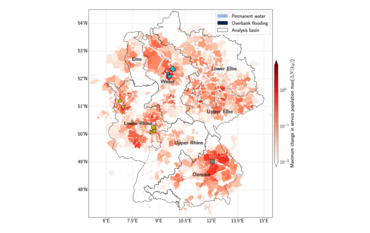
![[Translate to English:] [Translate to English:] Dronenfoto des Vulkans.](/fileadmin/_processed_/c/d/csm_20260210-web_Drone-view-of-Vulcano-Island-near-Sicily-Lipari_-c-AdobeStock_606279354_Marcin0_186f3e7bff.jpeg)
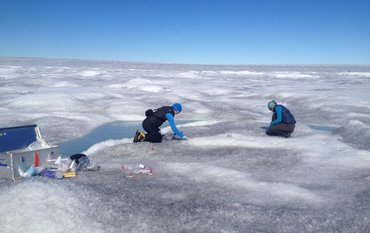
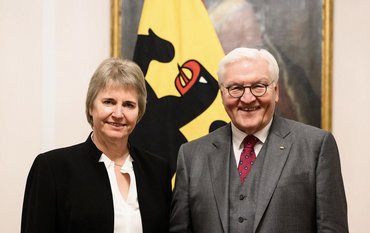


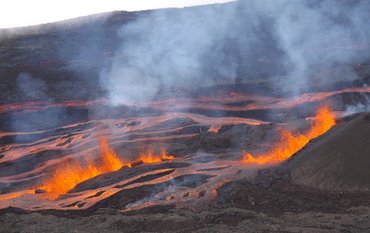
![[Translate to English:] [Translate to English:] Metallbrücke, die zum Teil gebrochen ist und durch die ungewöhnlich viel schlammiges Wasser fließt](/fileadmin/_processed_/9/6/csm_2026_01_22_Bridge_broken_due_to_flash_flooding_in_North_Sumatra_25_Nov_2025_cbe62be46b.jpeg)
![[Translate to English:] Tim Schöne in front of his scientific poster](/fileadmin/_processed_/5/b/csm_Tim_Schoene_EGU_Wien_2025_3cb7b450f2.jpeg)
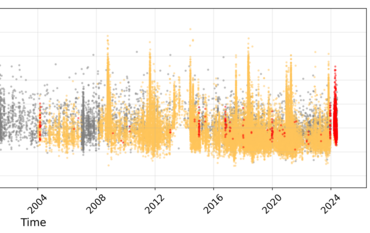

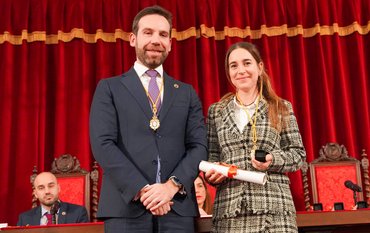
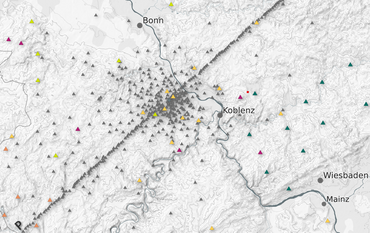

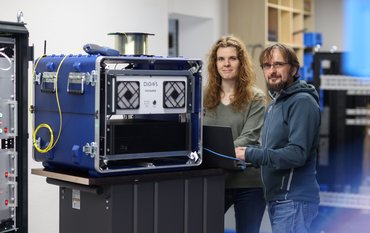

![[Translate to English:] Susanne Hemmleb (right) and her GEOFON colleague Peter Evans (both Section 2.4) hold the CoreTrus](/fileadmin/_processed_/0/a/csm_cert0677_CoreTrustSeal_Geofon-02_93ac53757f.jpeg)
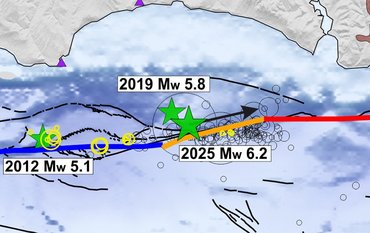
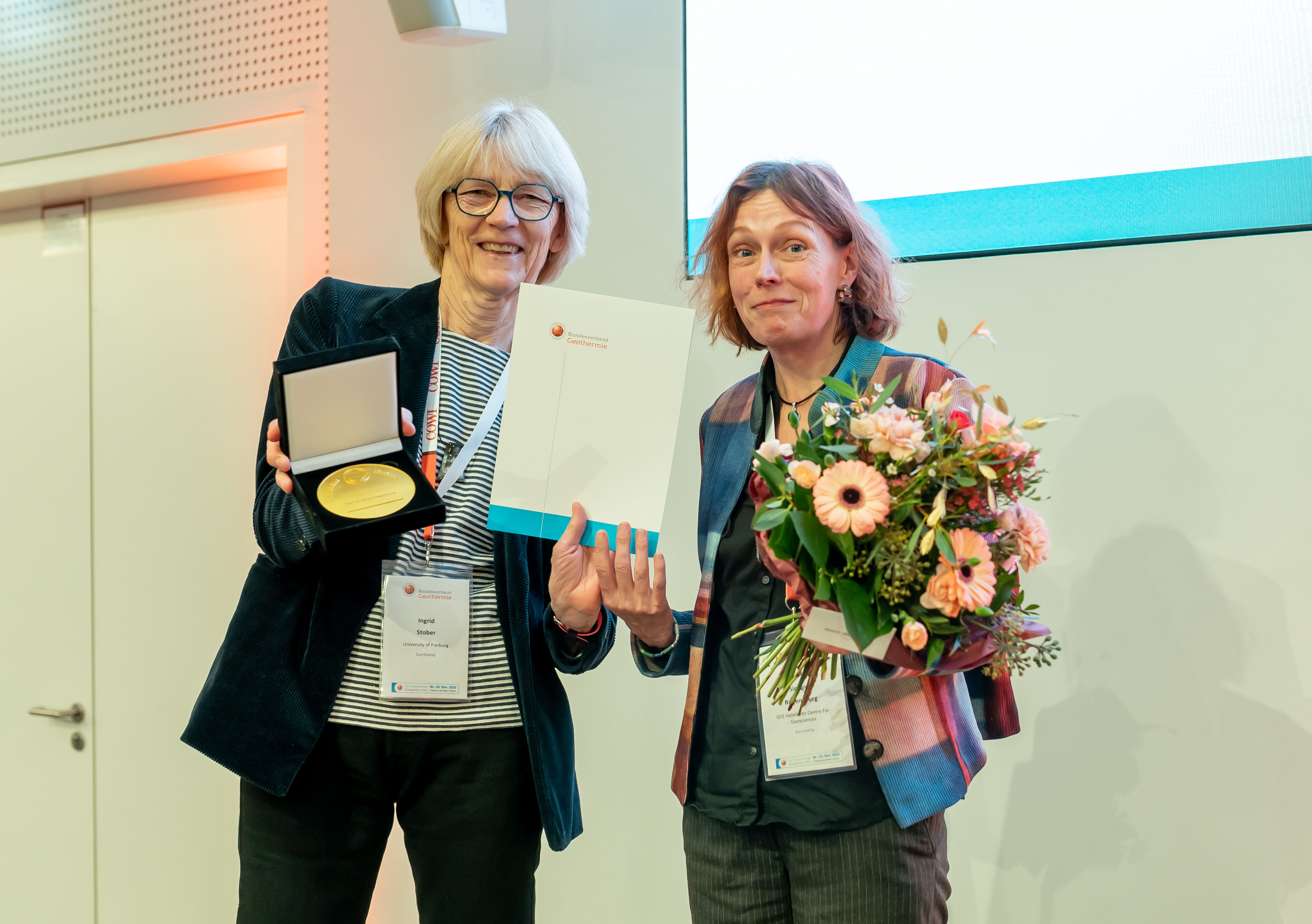
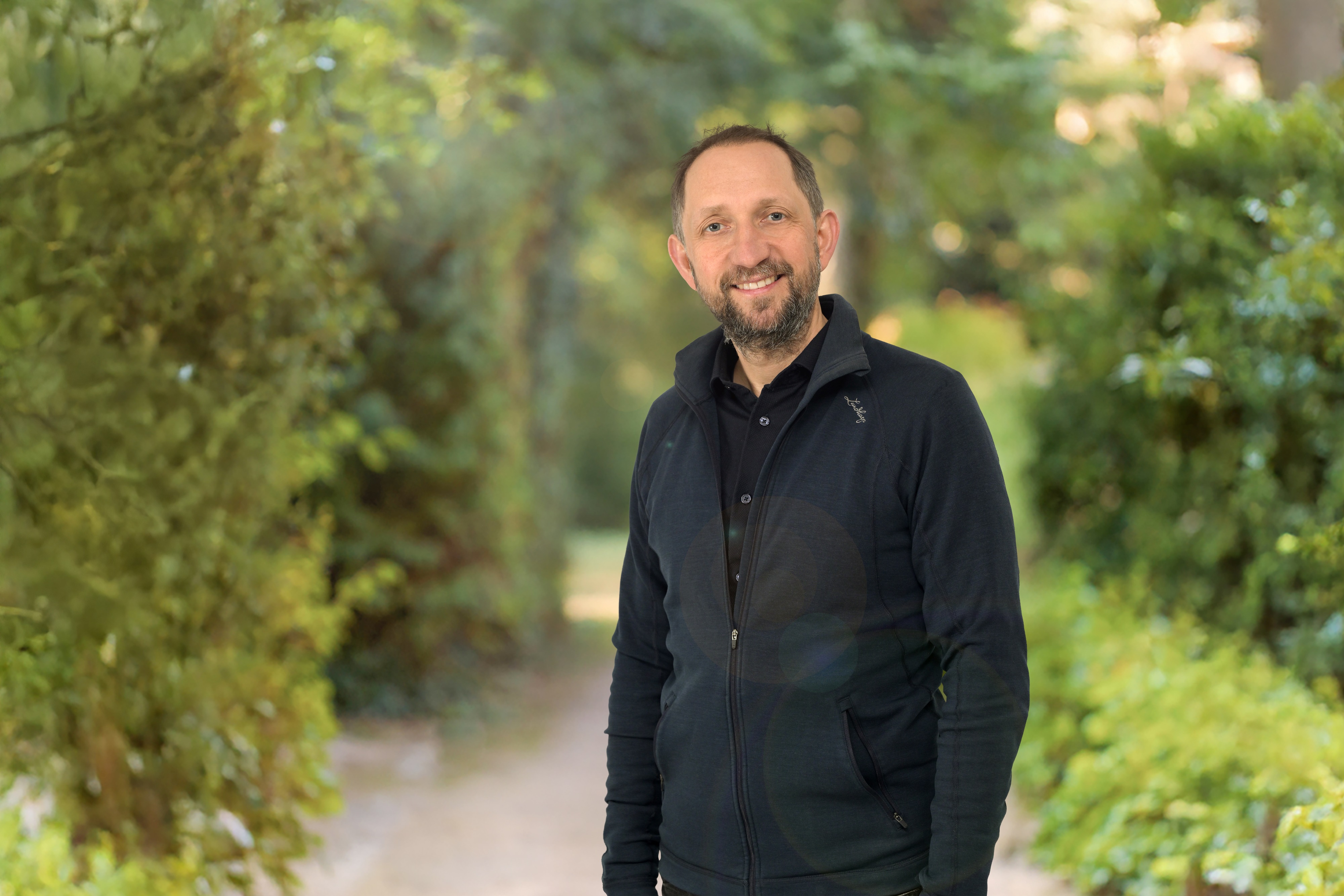

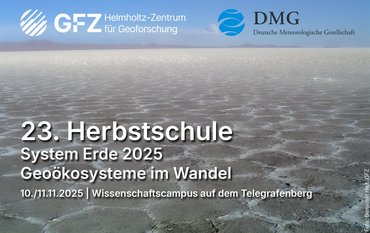
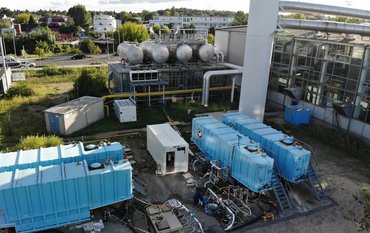
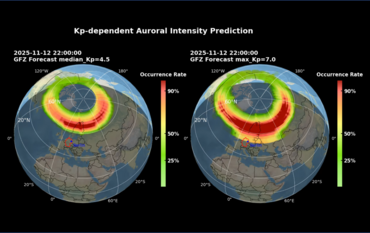


![[Translate to English:] Portrait photo, blurry background](/fileadmin/_processed_/a/2/csm_2025_11_06_JEAN_BRAUN_HE_Helmholtz_Portraits-23_2b5c35beee.jpeg)
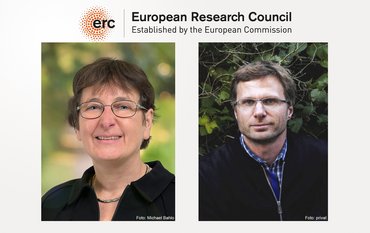
![[Translate to English:] Excerpt from a map of the Phlegraean Fields near Naples, Italy: Left: Red dots mark smartphone sensors, yellow triangles mark fixed seismological stations. Right: The area is coloured in shades of yellow, red and purple according to the amplification of seismic waves.](/fileadmin/_processed_/3/b/csm_20251028_PM_Smartphone-Earthquake_Slider_12500fa0e6.jpeg)
